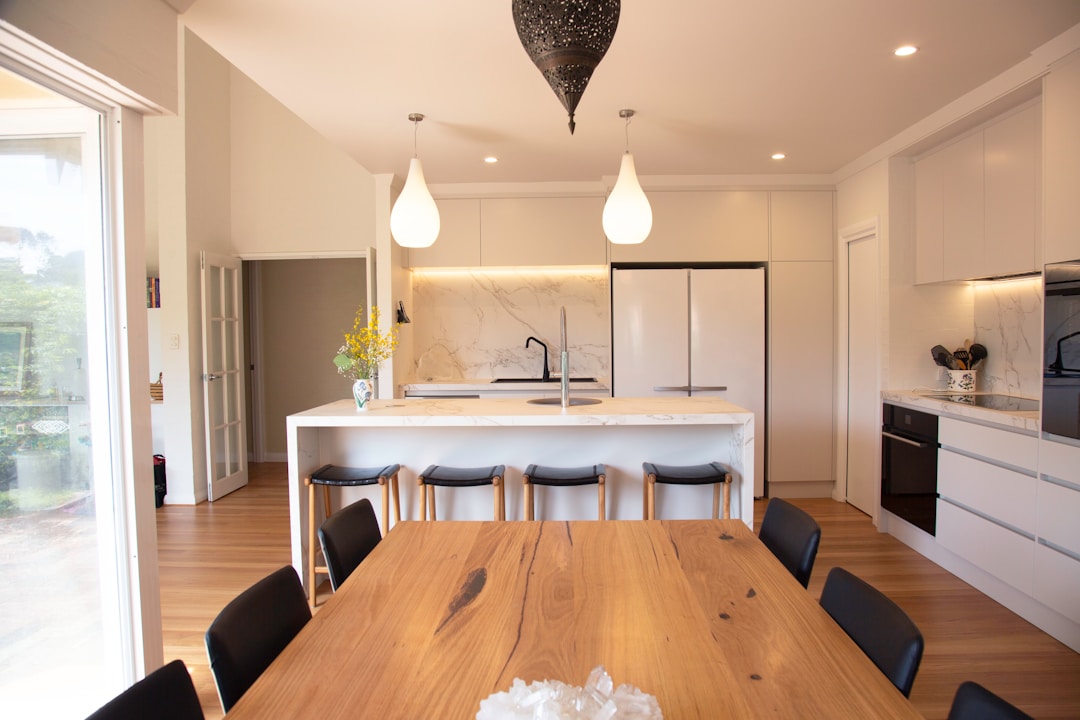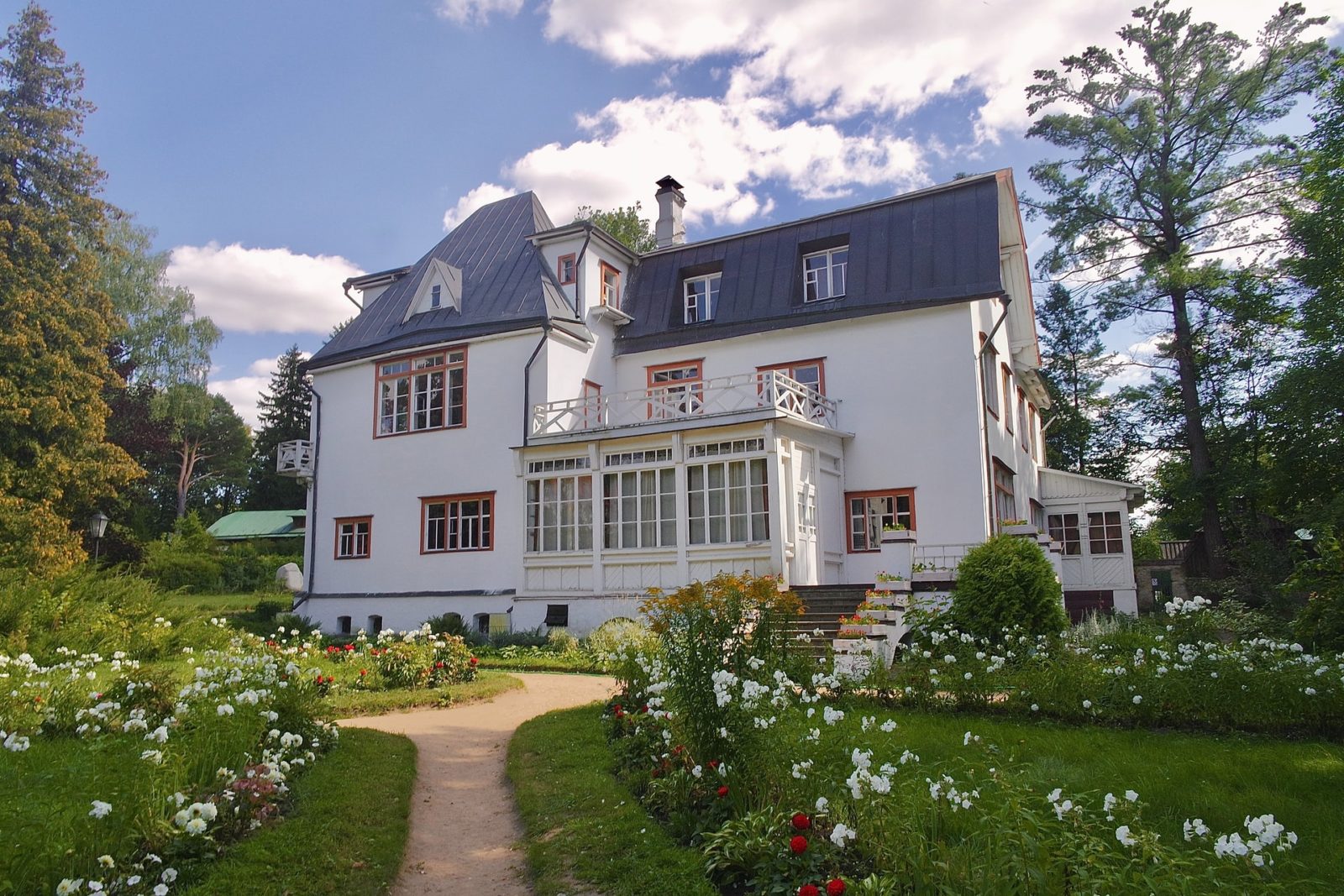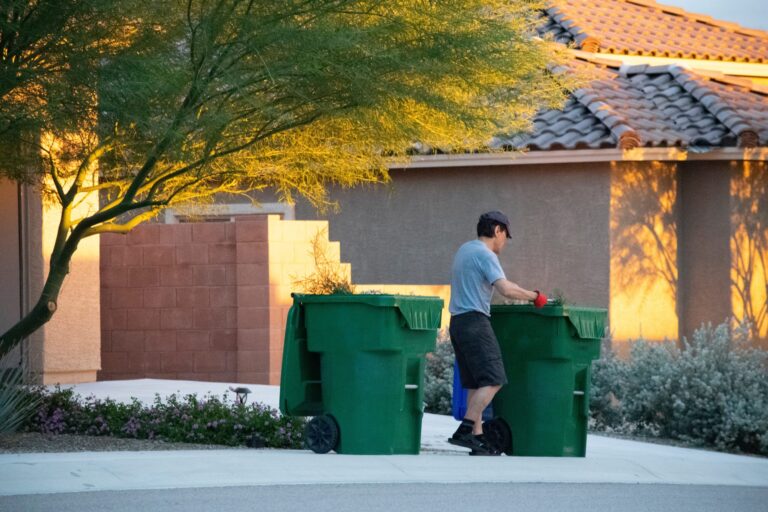After working tens of years in the rat-race, there comes a moment in which it’s time to account for all you’ve done and prepare for retirement. Some people love their jobs and hope to work until their dying day, but for most of us, retirement can’t come soon enough. What’s not to love about the life retirees live? No work, a world of hobbies and activities, and no kids to take care of. Plus, if retirees have been putting money into a standard IRA, a Roth IRA, or have contributed enough to social security, they won’t need to worry about income, either.
If you’re coming up on retirement and are a homeowner, there are a few preparations to bear in mind as you get ready for making the most of your retirement. You don’t want to throw the entirety of your retirement savings into renovations, though, which is why it’s important to look at what constitutes a worthwhile investment and what’s just for fun. Let’s dive into some ways in which homeowners can prepare their homes for retirement like a pro.
Get your HVAC system up to snuff.

What you don’t want during retirement is an HVAC (heating, ventilation, and air conditioning) system that doesn’t work. An HVAC system that’s not doing what it should, will cause you to be running back and forth to the thermostat, constantly feeling that your heating system or cooling system aren’t heating and cooling, and general discomfort and frustration.
The good news is that making sure that heating and cooling systems operate evenly doesn’t have to be a long-term project, or even a particularly costly one. You can save money on HVAC system repairs if you do them in a timely manner, and the repairs will pay off in the lowered energy bills you see. Another thing to have an installer or technician check on is whether or not you have enough insulation. If you have air leaks in your attic or windows, you’ll never achieve the perfect temperature.
Repair structural issues before they get really bad.
Adding curtains and blocking air leaks will help with uneven heating problems, but if you notice any signs of structural damage it’s crucial to take care of those pre-retirement. Any cracks in the walls, for instance, might be signs that the foundation is also cracked, which can mean that your home may not be safe. Water leaks in the walls can be a sign of plumbing issues that, if they don’t get taken care of, may lead to your structural beams rotting and compromising the whole home. Have a technician come and inspect your roof and attic, and inspect your pipes or walls for any potentially dangerous leakage.
Install railings and lights.

Safety comes first when it comes to you and your spouse being both retirees and homeowners. You may not need railings and extra lights now, but as you age you’ll be glad for these extra utilities. After all, you’re planning to stay with your spouse in your home for as long as possible, so you need to be sure you’re doing that safely. Including a line item for installers coming to make these adjustments is a good idea, as you make a financial plan. Another good idea is to look into insurance products that can cover your medical expenses should you slip and fall in your home.
Lots of people look forward to being retirees, and that’s great. As long as you make sure you have the greatest HVAC system and enough insulation, stay safe from both a personal and structural perspective, and manage your retirement accounts with care, you’ll be enjoying your golden years in no time!





